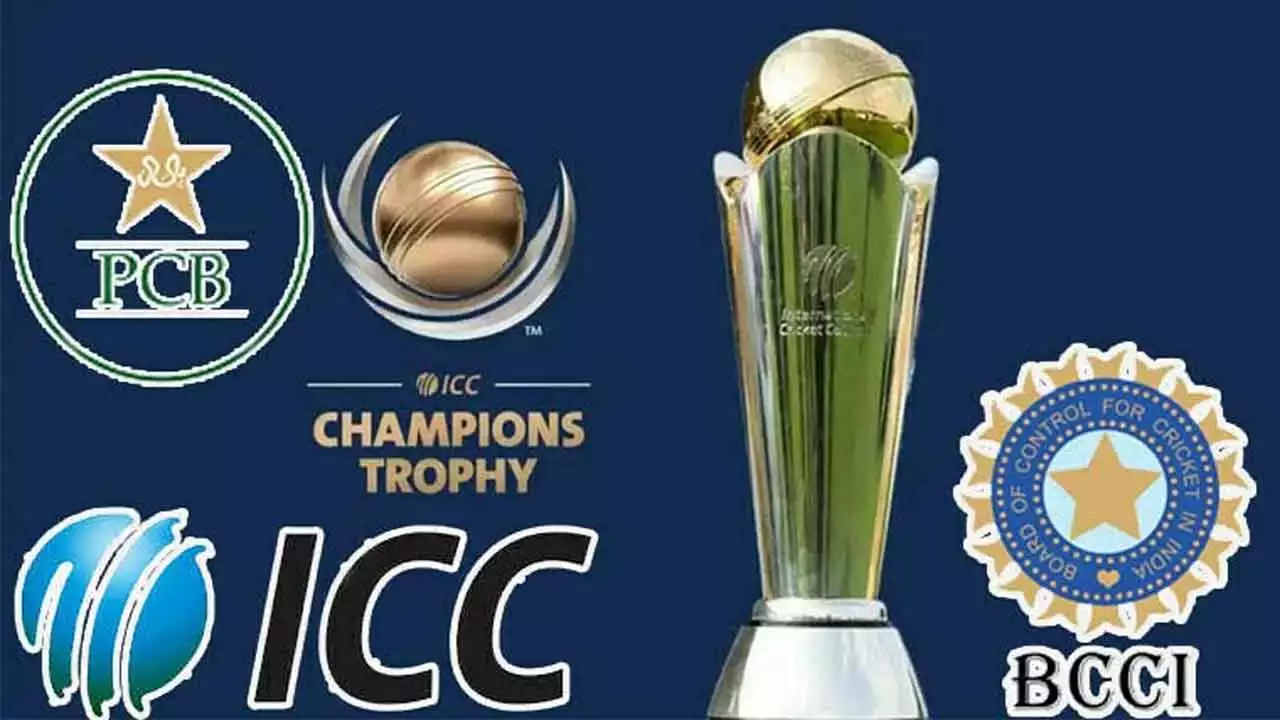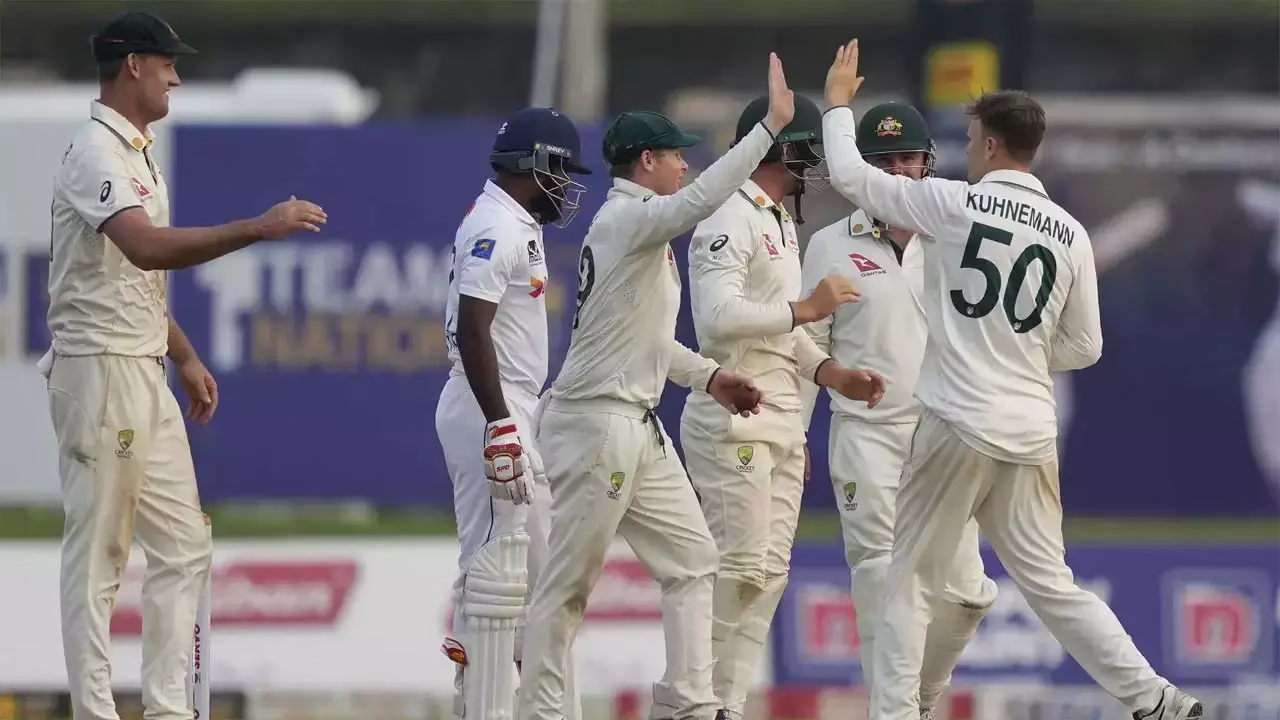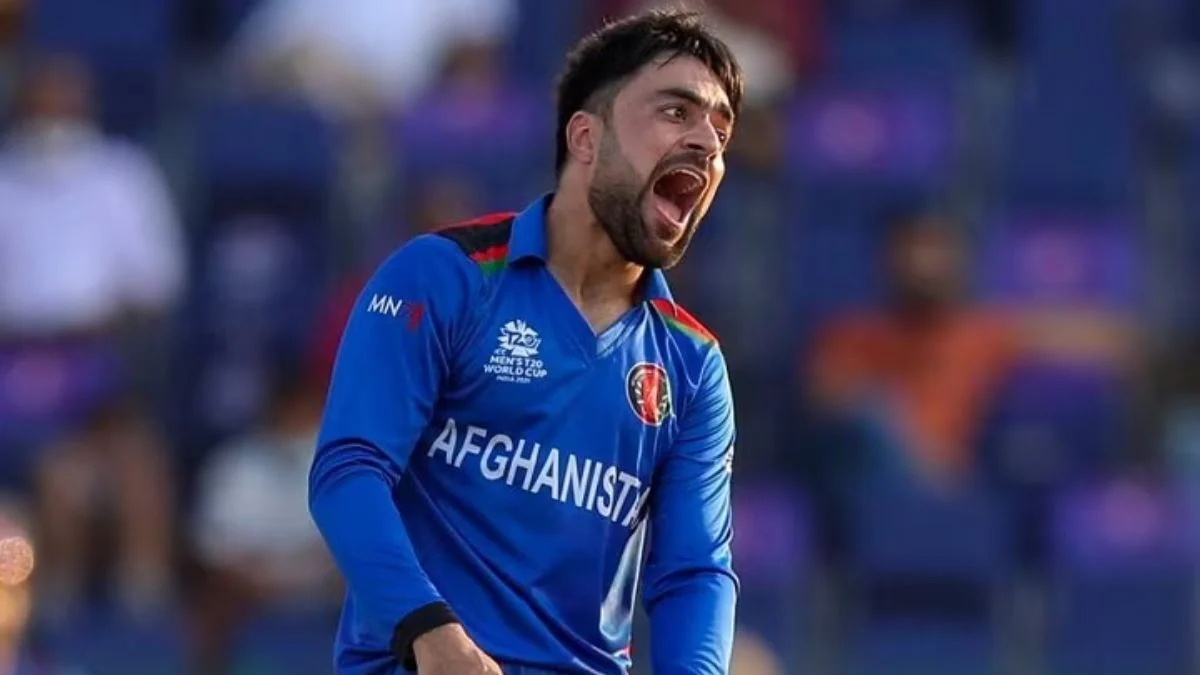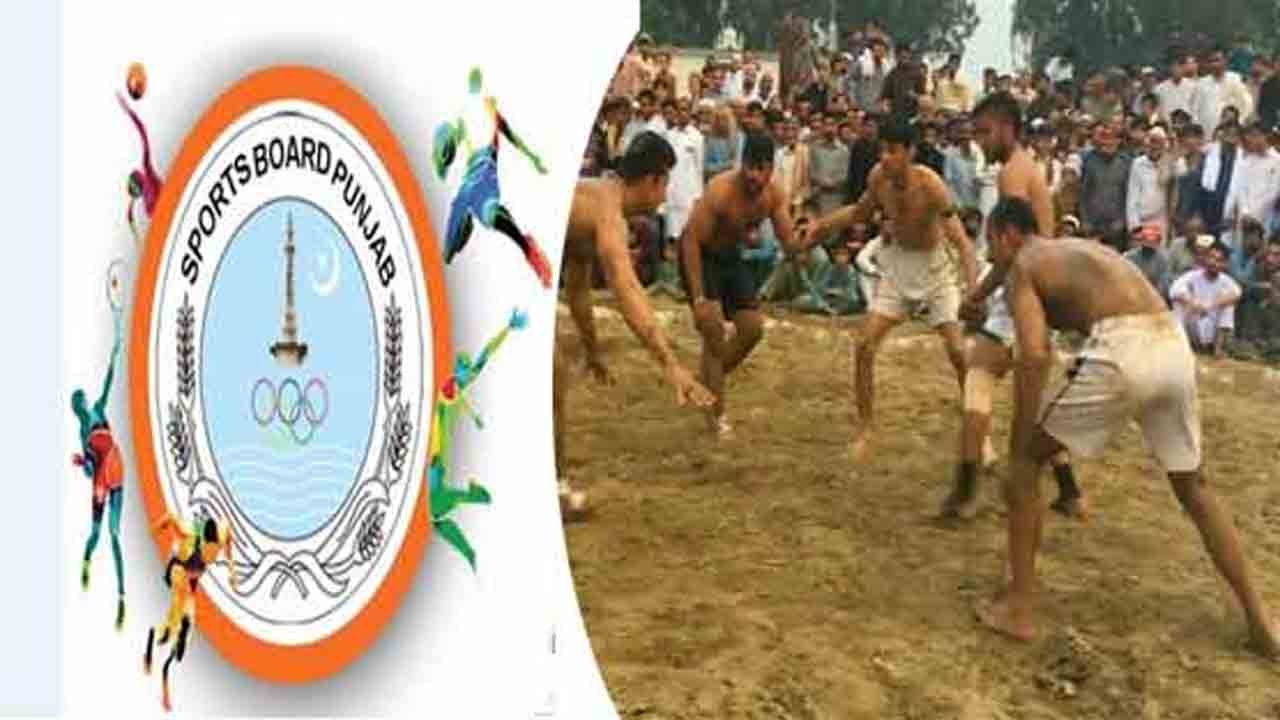The ongoing dispute between the Pakistan Cricket Board (PCB) and the Board of Control for Cricket in India (BCCI) has taken a new turn with the PCB presenting a long-term partnership formula aimed at resolving the issue. The proposal, according to sources, offers a potential solution to the impasse that has caused friction between the two boards, especially regarding bilateral series and mutual cooperation.
However, the BCCI has yet to provide a definitive response to the PCB’s proposal. Sources close to the matter indicate that the Indian cricket board is holding off on making any final decisions, as it plans to consult with the Indian government before issuing any official statement on the matter. This indicates the sensitive political nature of the cricketing relationship between the two neighboring countries, with government policy often playing a significant role in cricketing affairs.
The PCB’s formula, which it views as a constructive attempt to pave the way for more harmonious relations between the two boards, has reportedly upset the BCCI. In the view of some sources, the proposal is seen as a response to what the PCB perceives as Indian stubbornness regarding the revival of bilateral cricket series. The PCB has long been seeking more regular encounters with India, especially given the financial and sporting benefits that such series bring to both boards.
While the BCCI has not yet made its official stance public, Indian media outlets have begun circulating reports that suggest the BCCI may not be receptive to the PCB’s formula. These reports claim that the Indian board has expressed discontent with the proposal and may be preparing to reject it outright. However, any official response will likely come after further consultations within the BCCI and, more crucially, with the Indian government.
The relationship between the PCB and BCCI has been strained for years, largely due to political tensions between Pakistan and India, which have spilled over into the sporting world. The last bilateral series between the two teams took place in 2012-2013, and since then, there have been multiple instances of attempts to restart ties, all of which have failed to materialize. The lack of a bilateral series has led to frustrations on both sides, particularly for the PCB, which has seen the absence of India in its schedule as a major financial setback.
Cricket fans on both sides of the border have long expressed their desire to see the two teams play against each other regularly, given the intense rivalry and history between Pakistan and India on the cricket field. However, political issues, including diplomatic tensions and security concerns, have continued to hinder the resumption of bilateral series. The last time the two teams faced off in a World Cup match was in 2019, but since then, there have been no major encounters between the two.
The PCB’s partnership formula is seen as an attempt to move beyond the current stalemate and create a framework that could allow for future engagements, even if it requires navigating through political and logistical challenges. The proposed formula reportedly includes a framework for future series, potential revenue-sharing models, and a commitment to resolve disputes in a manner that benefits both boards. The PCB hopes that this approach will encourage the BCCI to reconsider its stance on the issue.
On the other hand, the BCCI’s hesitation to commit to the partnership formula underscores the complexities of cricket diplomacy in the subcontinent. While the desire to play cricket against Pakistan is strong within the Indian cricket community, the BCCI’s decision-making process cannot ignore the broader political landscape. In India, any agreement regarding Pakistan is closely monitored by the government, and the final decision will likely require political backing before it is formalized.
At present, it remains unclear whether the BCCI will accept the PCB’s proposal, modify it, or reject it altogether. The decision is expected to take time, as the Indian board continues to weigh its options and seek guidance from the government. In the meantime, the Pakistan Cricket Board will likely continue to explore alternative ways to ensure that its players are regularly competing at the highest level, even as it faces challenges in reviving the cricketing ties with India.
As the situation unfolds, fans of both teams continue to hold their breath, hoping that the powers that be can overcome the political hurdles and allow the two cricketing giants to share the field once again. Until then, the cricketing world watches closely as this crucial issue plays out behind the scenes.



